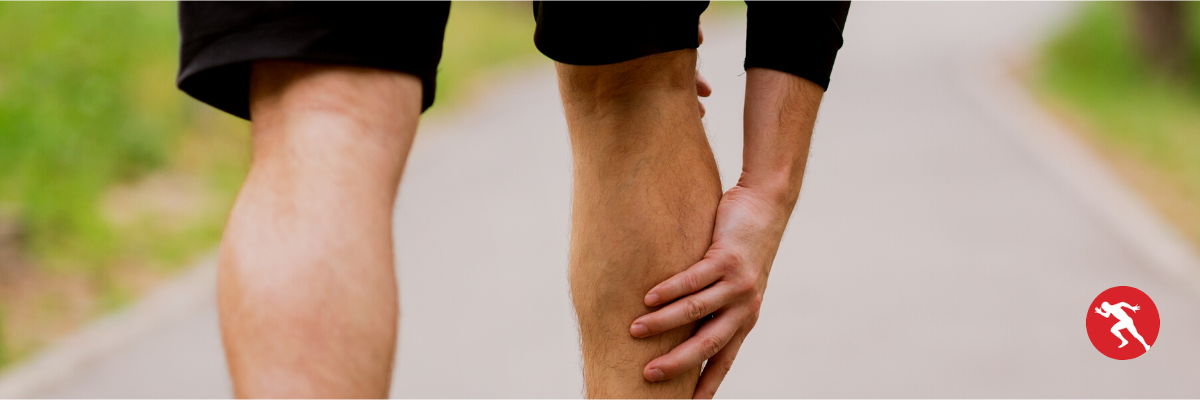
Calf Injuries
Calf injuries are one of the most common injuries among athletes, especially those who participate in sports that involve running, sprinting, jumping, landing and sudden changes in direction.
Calf injuries can also occur in people who are not athletes, but who are active and participate in activities such as hiking and gardening.
Physio Performance will help diagnose your calf injury and guide you through a treatment programme to get you back to your best.
Types of Calf Injuries
Calf injuries are caused by a strain or tear of the calf muscles, which are located at the back of the lower leg.
There are two calf muscles: the gastrocnemius, and the soleus.
These muscles work together to plantarflex the ankle (lift your heel up as you walk or run).
During running, your calf muscles produce up to 9 times your body weight in force!
There are three different grades of calf injuries:
- Grade 1: This is the mildest type of calf injury, and involves a small tear or strain of the muscle fibres. Grade 1 injuries typically heal within 3-6 weeks.
- Grade 2: This is a more severe type of calf injury, and involves a larger tear or strain of the muscle fibres. Grade 2 injuries typically heal within 4-12 weeks.
- Grade 3: This is the most severe type of calf injury, and involves a complete tear of the Achilles tendon. Grade 3 injuries typically require surgery to repair or a length of time in a cast.
Book Expert Calf Assessment And Treatment
Symptoms of calf injuries
The symptoms of a calf injury can vary depending on the severity of the injury. Some common symptoms include:
- Pain
- Stiffness
- Weakness
- Swelling
- Bruising
People with calf injuries usually start to feel much better after a week.
They then return to sports and re-injure the muscle again.
We hear this story often and it is because the torn muscle requires time to heal, along side a rehabilitation programme.
Treatment for calf injuries
Treatment for calf injuries is essential to speed up recovery, and regain strength and flexibility.
Particularly if you are planning on returning to sport.
It is even more important in sports that involve running, sprinting and jumping.
A rehabilitation programme under the guidance of a physiotherapist will ensure you return as quickly as possible and reduce the risk of getting injured again.
Prevention of calf injuries
There are a number of things you can do to prevent calf injuries, including:
- Maintain adequate strength and flexibility in the muscles
- Wear appropriate trainers or boots
At our Newforge Clinic we provide a range of treatments including physiotherapy, sports massage, acupuncture and dry needling. We treat many common conditions including lower back pain, shoulder injuries, neck injuries and knee injuries.
